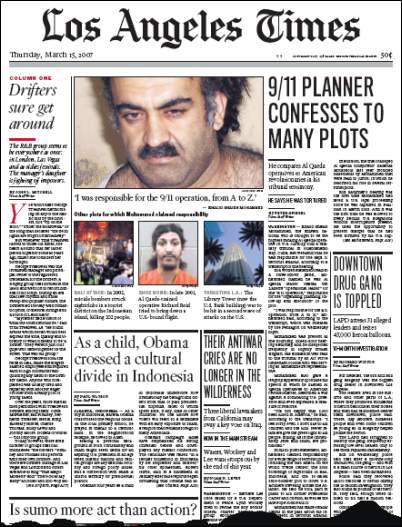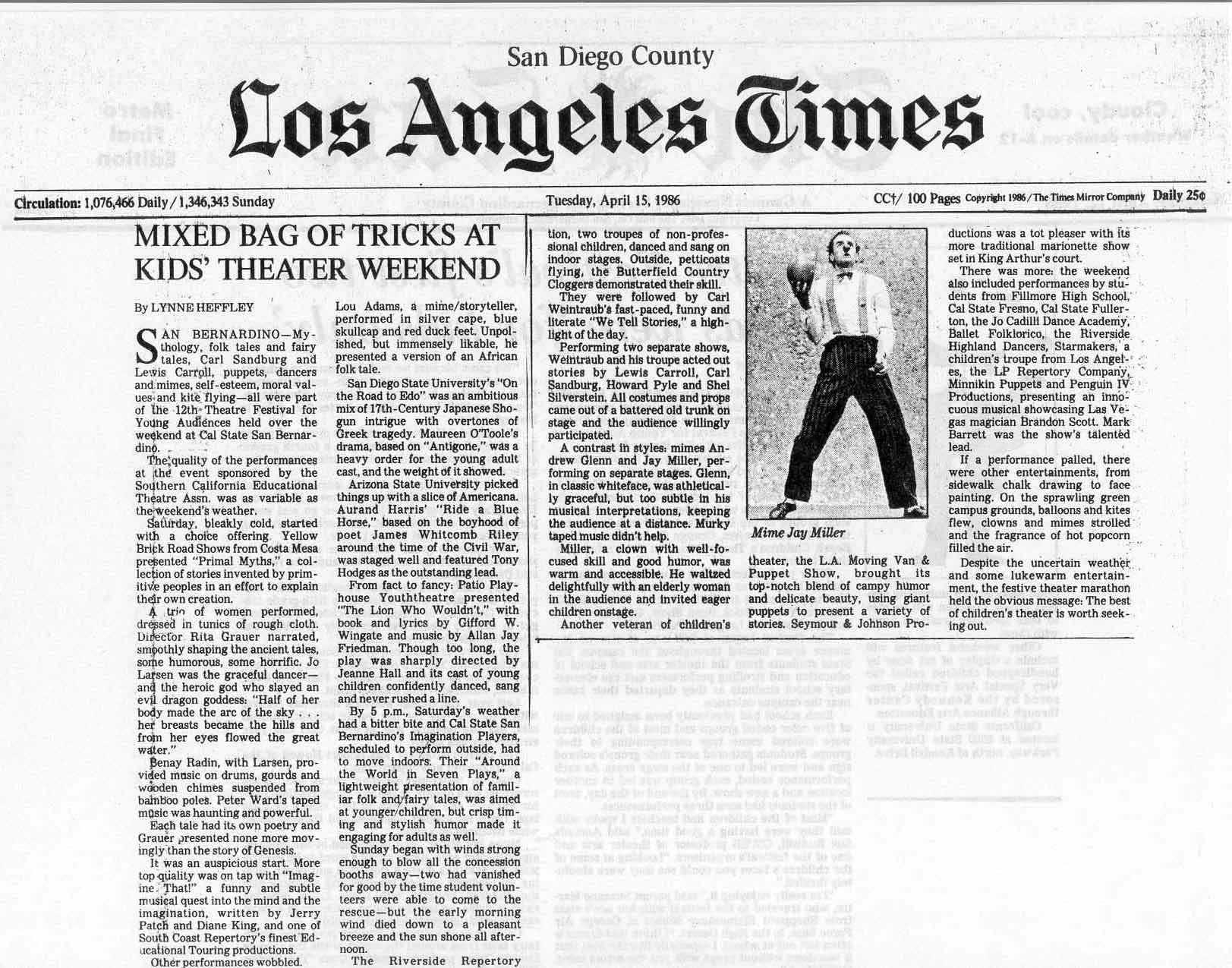
allies South Korea, Australia and Qatar, as well as the mayor of London for his handling of recent terrorist attacks in Britain, may be fundamentally altering the geopolitical map. Europe “can no longer rely” on its longtime friend the United States, she said at an election rally in Munich, Germany, saying people on the continent must “take our fate into our own hands.” Merkel appears poised to do that on her visit to Mexico, where she and Peña Nieto will discuss trade and how to move forward on combating climate change after Trump’s decision to withdraw from the Paris agreement. Germany’s ambassador to Mexico, Viktor Elbling, suggested the visit is in part meant to demonstrate his nation’s leadership on the world stage and define new alliances that aren’t centered on the United States. "The fact that she is coming to Mexico in this difficult international political climate is a very clear sign of solidarity,” he said in a statement. In Mexico, where many feel not only afraid of the economic ramifications of Trump’s policies, but also deeply offended by his rhetoric, that support is welcome. “We need Angela on our side, to tell us that she is with us,” wrote Ivonne Melgar, a columnist at Excelsior newspaper, after a Mexican opposition leader met with Merkel in Germany this year. Beyond seeking new political partnerships, Mexico is also looking to diversify its markets. Trump’s tenure has demonstrated to many leaders here that Mexico’s economy relies too much on the United States, the destination of more than 80% of Mexico’s exports. Mexican leaders have traveled around the globe in in recent months in search of new trading partners, and are hoping to significantly broaden an existing trade agreement with the European Union by the end of the year.
For the original version including any supplementary images or video, visit http://www.latimes.com/world/mexico-americas/la-fg-mexico-merkel-20170608-story.html
